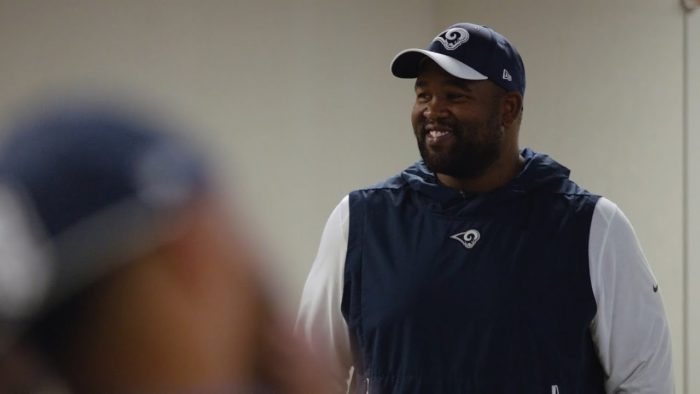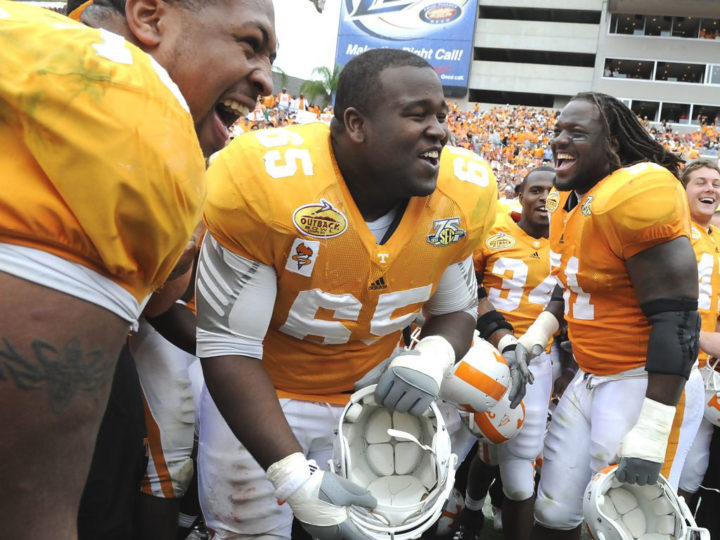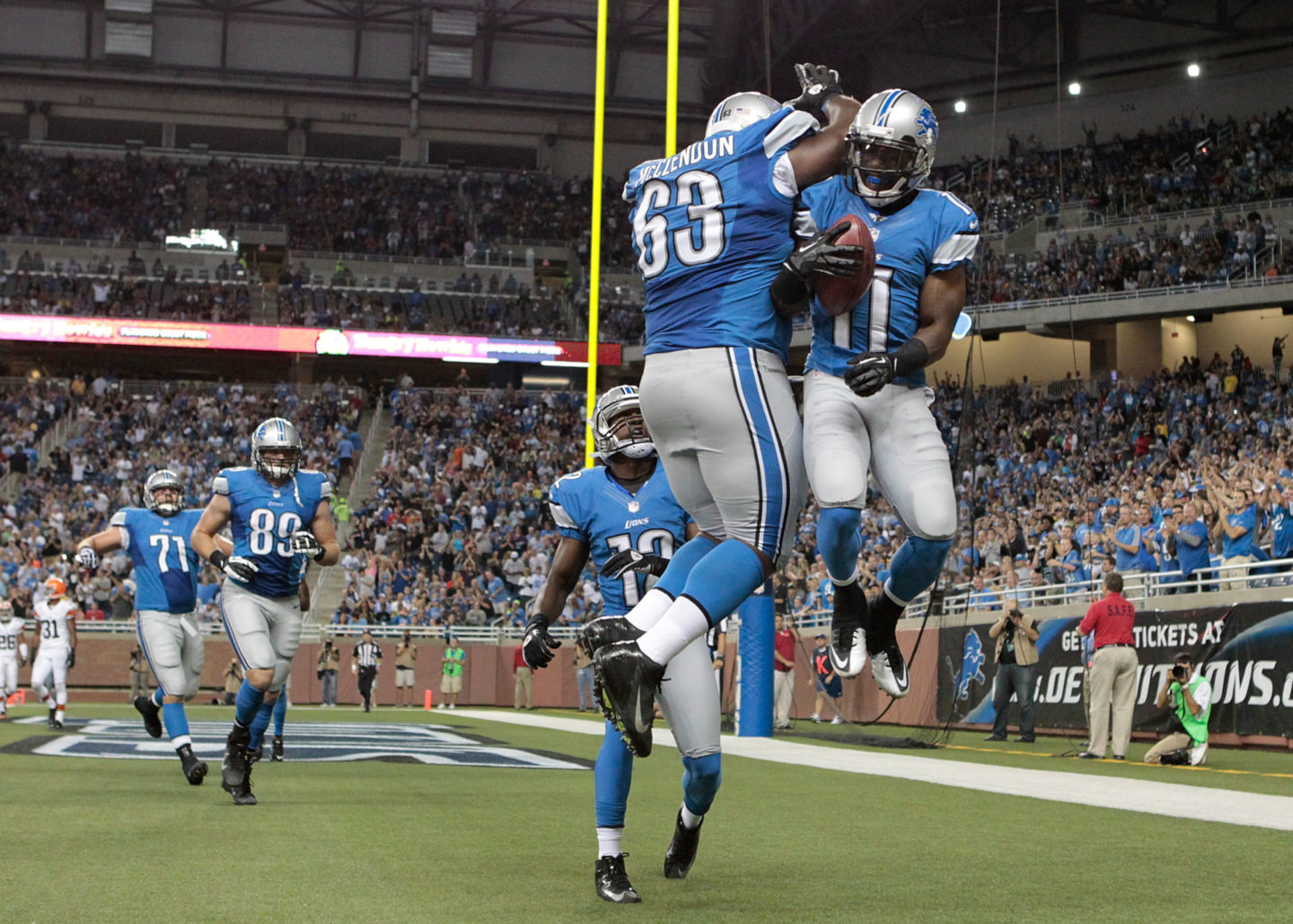When it's time, it's time. I think you try to be as aware as you can about your abilities and where you're at in that point in time in your career, and make the best educated decision for you and your family. I was at that point in my career where things were dried up, and it was a nice run, but it was time to move on. I was blessed to have had some great contacts and relationships that were mentors and helped me with the transition.

The first thing I did was start to read a little bit. I read books, went to seminars at the League Office and NFLPA. Actually, the first thing I did was the Athlete Development Professional Certification Program at Wharton. That kind of opened my eyes to the position I am in now, and I was exposed to people within the field that were already working in this position. I just dove right into it. When you've got that flexibility, you can kind of go take your time a little bit, sit back and assess your abilities and figure out what may fit you best. It’s kind of like taking self-inventory and figuring out what my strengths and weaknesses were.
“ When you've got that flexibility, you can kind of go take your time a little bit, sit back and assess your abilities and figure out what may fit you best. ”

It's different for different people. I was never a guy that wanted to hang on forever, so I was honestly ready to transition. But for some people, it's hard. I don't think there's one piece of advice you could give to a particular person. Everybody is in a different situation – they just have to be able to assess the one they are in.
I guess the one piece of advice I could give is to make sure you have people that you trust in your corner who are always honest with you. Having those trusted confidants that can give you a different vantage point of what you're going through that may help you sift through some of the decisions you need to make.
“ Having those trusted confidants that can give you a different vantage point of what you're going through that may help you sift through some of the decisions you need to make. ”
I went down to Florida for my Brain & Body Assessment at Cleveland Clinic. I think it’s a great program, because as you enter this new life after football, you need to see where your body is at. The assessment gives you a bunch of actionable items, including the nutrition and exercise physiology knowledge necessary to help you in your new normal for your post-playing career. I think they do an unbelievable job of having these key programs available for guys to be able to put to use.
I’m not sure. For me, I made the right decision at the right time. I was blessed to go to a school like the University of Tennessee that taught me the value of having a great network, an education to fall back on, and different avenues to put yourself in to be successful. I'm just happy to be a Volunteer, and those days of my life really grew me up as a man.
When it comes to the NFL and transitioning out of the league, I always look back at that time in my life. Key individuals really poured into me, helped me grow as a man, and see that there's more to life than sport.
“ Key individuals really poured into me, helped me grow as a man, and see that there's more to life than sport. ”

I am the Director of Player Engagement with the Los Angeles Rams. It’s a fun role, and I have an organization with great leadership. They give me a lot of autonomy to do things the way I feel is best. You’re only as good as your leadership, and I have great leadership in an organization that supports players and is always trying to be the best in whatever we're doing. So I’m just blessed to work for the Rams.
We’ve had the opportunity here to do some things that are kind of new-age as we develop a player-centric model. Going back to my playing days, I'm able to bring an angle to the organization and give feedback of how the guys think, because I've sat in that seat.
I think the lens that I try to look through is always player-first — when I’m at the table talking to leadership, I’m trying to give them the ability to be able to look through the lens of what our players need, what their families need, etc., so that we can enhance the athlete experience within our organization.
The Trust is here to support you.
Ready to learn how?